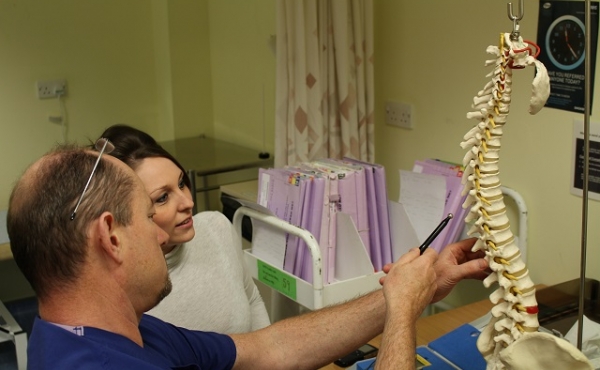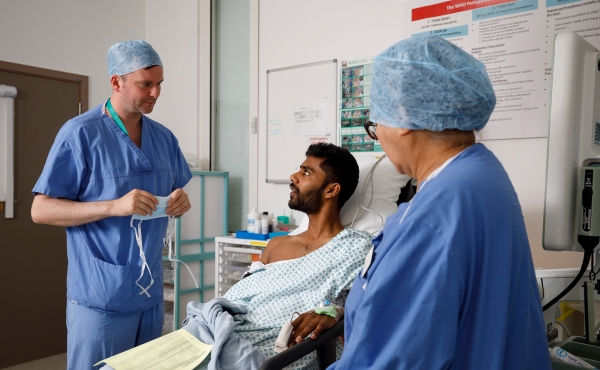Stage 2 Pain Training
What is Stage 2 Pain Medicine training?
Stage 2 Pain Medicine training is aimed at improving your whole approach to the management of pain. There is a lot more to managing pain than knowing how to write up painkillers or set up a PCA.
Your Stage 2 Pain module will improve your understanding of:
- the assessment of patients with chronic, acute on chronic, and cancer pain
- the biopsychosocial model of pain
- understanding of neuropathic pain and sensitisation
- the use of interventions such as epidural steroids, autonomic and neurolytic blocks
- multiprofessional and multidisciplinary team working
- how pain services are commissioned and provided.
I want to be an anaesthetist, so how will Stage 2 Pain help me?
Understanding and knowing how to deal with some of the complex pain issues of hospital inpatients is a key anaesthesia skill and will make you a more rounded anaesthetist and one who is more responsive to patients in pain.
When do I complete Stage 2 Pain training?
Stage 2 Pain Training is in the middle 2 years of an anaesthetic training programme (ST4 and 5). Evidence for Stage 2 Pain training can be accumulated over the 2 years of this period of training. Some training programmes can provide this as a dedicated module.
Completing Stage 2 Pain training
This requires completion of a HALO by your Faculty Tutor in Pain Medicine or Regional Advisor in Pain Medicine.
Completion of a HALO requires the following evidence:
- supervised learning events (ACEX, ALMAT, A-QIPAT, CBD, DOPS) to suggest level of supervision
- personal activities
- personal reflections
- multiple trainer report(s) that include Pain.
Counting experience from outside the training programme towards a CCT
Anaesthetists joining the training programme may be able to have some of their prior UK experience count towards their CCT. RCoA guidance on this process can be found here.
If I enjoy my Stage 2 Pain Training, what comes next?
There is a comprehensive training pathway for Pain Medicine. Stage 3 Pain Medicine Training, a core specialist domain between ST6 to ST7, will enable you to develop your skills in pain management. For a trainee wanting to develop a specialist interest in adult or paediatric inpatient pain medicine there is an option of undertaking the Acute Inpatient Pain SIA to build on the experience gained through the stages of pain training. This training is for an indicative 6-month period.
You might even find that it inspires you to undertake a SIA in Pain Medicine for an indicative 12 month period and consider a career with an interest in Pain Medicine. The SIA in Pain Medicine grants you eligibility to take the FFPMRCA Examination leading to Fellowship of the Faculty. Whilst not an essential requirement for a career in Pain Medicine, the post-nominals attained are widely respected as the mark of a true specialist and is an essential component for the GMC's Credential in Specialist Pain Medicine. Feedback from trainees is very positive, with the exam viewed as a fair test of the knowledge required to practice Pain Medicine.
Ready to take the next step?
Read more about moving beyond Stage 2
to Stage 3 Pain Training.



